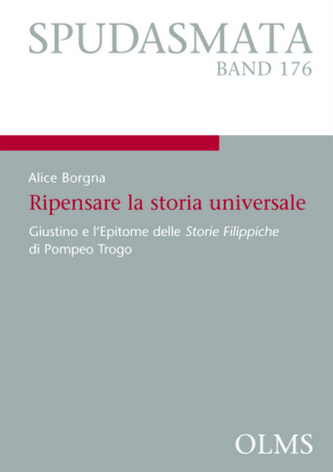Ripensare la storia universale
1483 Kč 1 487 Kč
Sleva až 70% u třetiny knih
In un'epoca imprecisata, a Roma un certo Giustino si imbatte in un raro esempio di storia universale scritta in latino, le Storie Filippiche di Pompeo Trogo: affascinato, ne compone quel che definisce breve florum corpusculum. Oggi, perduto Trogo, questa epitome potrebbe almeno preservarne il dato storico, ma non è così: gli errori, i fraintendimenti e i tagli infelici che la percorrono hanno distorto l'originale, di cui non resta che un'idea confusa. Possiamo dare la colpa allo scarso acume di Giustino, tanto limitato da non essersi accorto dell'inadeguatezza del suo riassunto?
Se, fino ad ora, gran parte della critica ha risposto in maniera affermativa alla questione, questo lavoro la riapre a partire dall'unica traccia certa che Giustino ha lasciato di sé: il materiale che dell'originale ha scelto di conservare e le modalità con cui lo ha cucito insieme. Lungi dall'essere stati raccolti senza criterio, i flores che compongono l'Epitoma si rivelano connessi da un robusto filo rosso, dipanando il quale anche i più dibattuti problemi non solo su Giustino, ma anche su Pompeo Trogo conosceranno nuove risposte. The only known instance of universal history in Latin before the Christian Orosius, the Historiae Philippicae by Pompeius Trogus, is lost in the original and only survives in the form of a clumsy abridgment by a certain Justin, an otherwise unknown author of very dubious chronology. Unfortunately, the apparently inexplicable omissions, inaccuracies, and ineffective editing that mark Justin's abridgment have so far hindered the Historiae Philippicae from being used as a reliable historical source.
The present book reconsiders the unfavorable judgements on the quality of Justin's work that are often repeated in scholarship and takes the peculiar features of the Epitome as precious historical indicators of its setting, its audience, and its chronology. This first systematic analysis of the editing and abridging process shows that Justin's selection was the product of a conscious and coherent modus operandi; as a result, it will become possible also to reassess some of the most discussed debates on Pompeius Trogus.
| Autor: | Borgna, Alice |
| Nakladatel: | Olms |
| Rok vydání: | 2018 |
| Jazyk : | Italština |
| Vazba: | Paperback / softback |
| Počet stran: | 294 |
Mohlo by se vám také líbit..
-
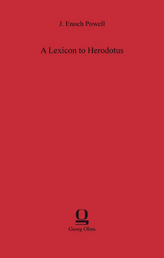
A Lexicon to Herodotus
Powell, J. Enoch
-

Einführung in die Terminologiearbeit
Picht, Heribert
-
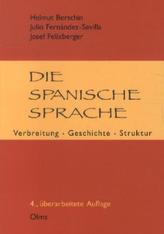
Die spanische Sprache
Berschin, Helmut
-
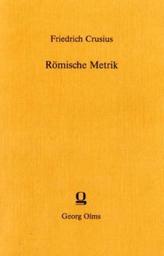
Römische Metrik
Crusius, Friedrich
-
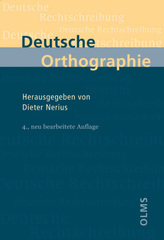
Deutsche Orthographie
Nerius, Dieter
-
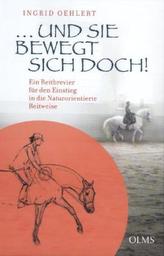
... und sie bewegt sich doch!
Oehlert, Ingrid
-
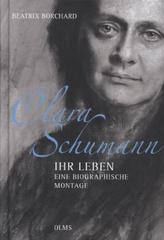
Clara Schumann
Borchard, Beatrix
-
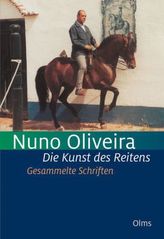
Die Kunst des Reitens. Gesammelte Sch...
Oliveira, Nuno
-
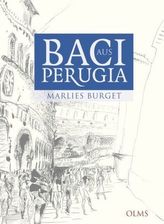
Baci aus Perugia
Burget, Marlies
-
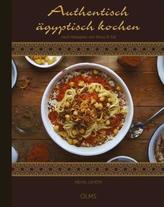
Authentisch ägyptisch kochen
Leheta, Nehal
-
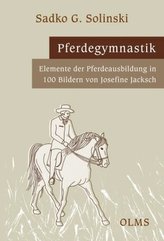
Pferdegymnastik
Solinski, Sadko G.
-
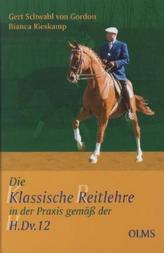
Die klassische Reitlehre in der Praxi...
Rieskamp, Bianca
-
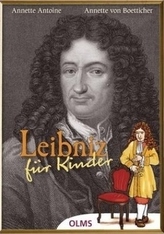
Leibniz für Kinder
Antoine, Annette
-

Mit einer Hand
Thut, Julia
-

Dressurreiten - zwischen Tradition un...
Carde, Christian
-

Freiheitsdressur mal klassisch
Rieskamp, Bianca




